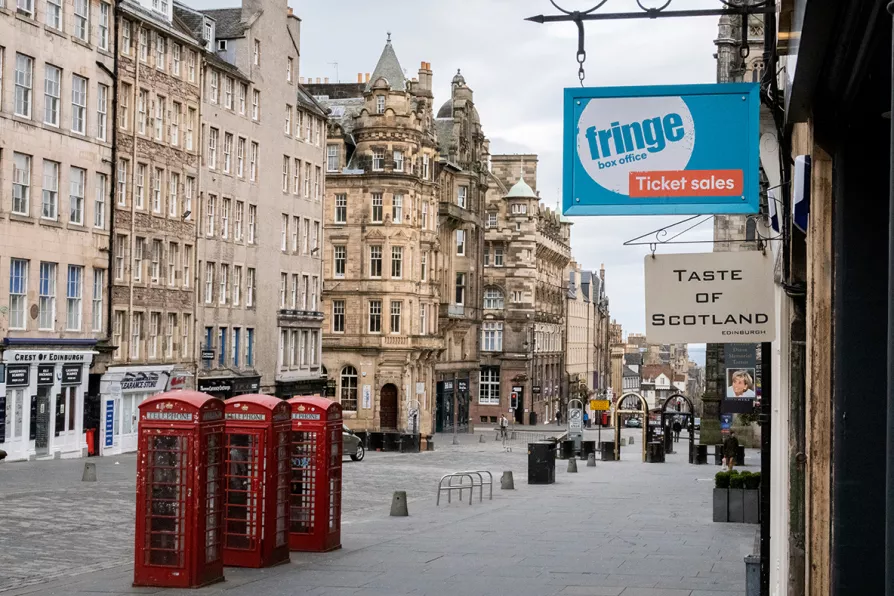A survey circulated by a far-right-linked student group has sparked outrage, with educators, historians and veterans warning that profiling teachers for their political views echoes fascist-era practices. FEDERICA ADRIANI reports


THE coronavirus pandemic has brought to the fore a number of burning issues that have long been conveniently ignored by our political Establishment.
Politicians who once praised the impact of zero-hours contracts have had to acknowledge the pitfalls of precarious work.
So have those who waxed lyrical about the potential for labour market “flexicurity” in an independent Scotland.

Ahead of next year’s parliamentary elections, ROZ FOYER warns that a bold tax policy is needed to rebuild devastated public services which can serve as the foundation of a strong, fair economy

As bus builder Alexander Dennis threatens Falkirk closure and Grangemouth faces ruthless shutdown by tax exile Jim Ratcliffe, RICHARD LEONARD MSP warns that global corporations must be resisted by a bold industrial strategy based on public ownership

Having endured 14 years of Tory austerity followed by Starmerite cuts, young voters are desperate for change — but Anas Sarwar’s refusal to differentiate from Westminster means Scottish Labour risks electoral catastrophe, writes LAUREN HARPER

COLL McCAIL rejects the Scottish Establishment’s attempt at an ‘elite lockout’ of Reform UK and says the unions should be wary of co-option by their class enemies in Holyrood just to keep one set of austerity-mongers in power instead of Reform UK










